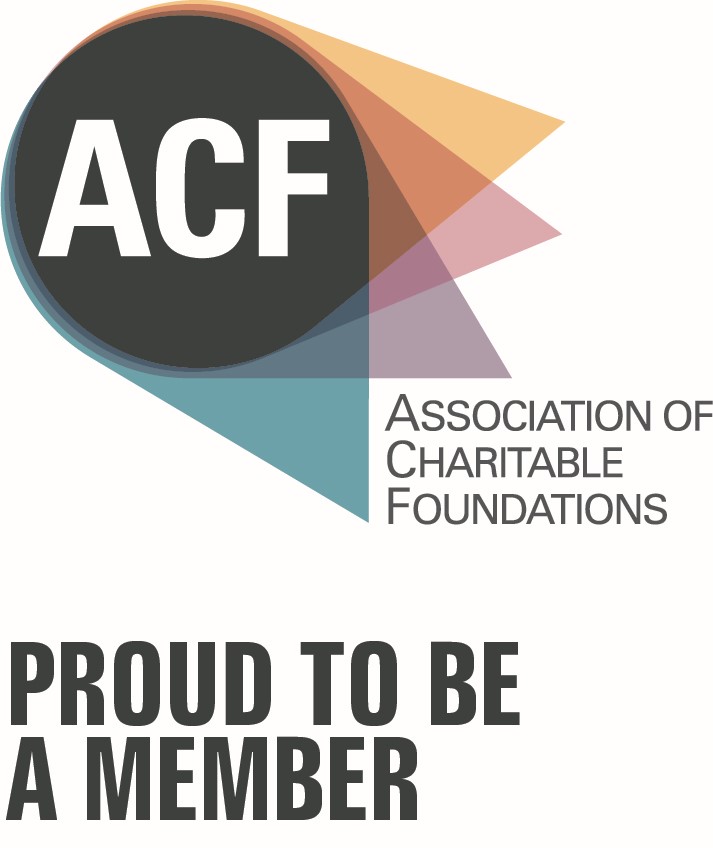Creating leadership in nursing and midwifery that promotes cultures of wellbeing
During the pandemic, nurses showed the world that they were resourceful, innovative and resilient! But how did they do it in such extreme conditions?
Research funded by the RCN Foundation and led by Queen Margaret University, Edinburgh has identified healthful leadership practices that supported nurses and midwives’ wellbeing throughout the pandemic. The research highlights effective leadership strategies that can be incorporated into future practice.
Watch the film below:
A novel approach to leadership emerged in The Healthful Leadership in Nursing study (HeaLiN). It found:
- leadership practices that promote healthful cultures were only possible if leaders were prepared and knew themselves as leaders; they demonstrated visibility and availability and; embodied values of care and compassion.
- healthful leadership practices can only be achieved in organisations that are supportive and that prioritise wellbeing; and
- leaders displaying these attributes were able to (1) use multiple communication methods and advocate for nurses and midwives, (2) foster engagement with nurses and midwives, (3) use coaching and mentoring approaches to support and development.
These practices resulted in nurses feeling valued, supported and safe; improved morale and job satisfaction and; motivated them to practice with confidence and competence.
Read the full report here.
Deepa Korea, RCN Foundation Director, said: “We are very proud that our grants for nurse-led research continue to innovate and make a difference to the nursing profession. With attrition rates across nursing reaching a critical rate, there has never been a more important time to focus on the positive steps leaders can take to ensure well-being across the profession.”
Caroline Dickson, Senior Lecturer in Nursing, said: ‘It has been a privilege to work with researchers from across the UK on this important piece of work. The research highlighted inspiring leadership during adversity and allowed us to identify positive leadership practices that value nurses and midwives and promote their well-being. These practices promote job satisfaction and have the potential to guard against the current problem of attrition in nursing. We are grateful for the generous grant from the RCN Foundation’, which has made the research and film possible.”
QMU has shared the findings of the research in a short animation film ‘Leadership practices to promote healthful cultures’.
(Research and film funded by RCN Foundation)






